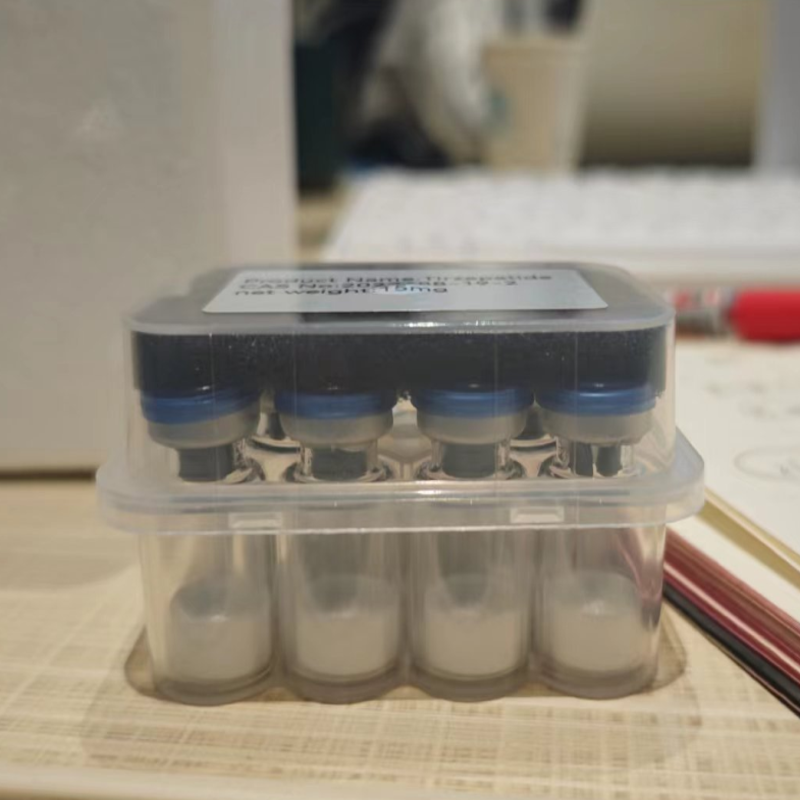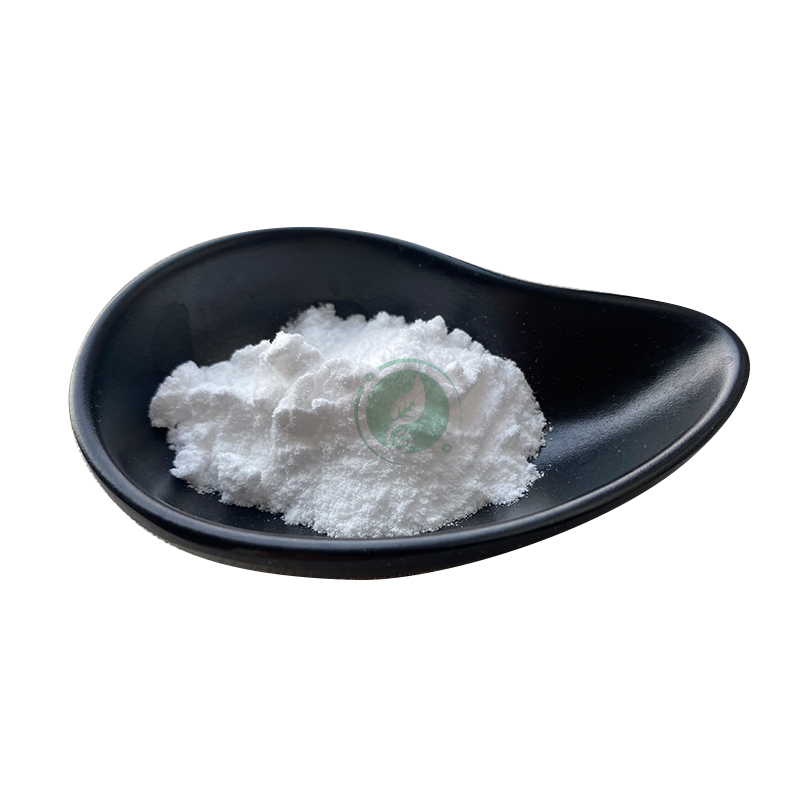-
Categories
-
Pharmaceutical Intermediates
-
Active Pharmaceutical Ingredients
-
Food Additives
- Industrial Coatings
- Agrochemicals
- Dyes and Pigments
- Surfactant
- Flavors and Fragrances
- Chemical Reagents
- Catalyst and Auxiliary
- Natural Products
- Inorganic Chemistry
-
Organic Chemistry
-
Biochemical Engineering
- Analytical Chemistry
-
Cosmetic Ingredient
- Water Treatment Chemical
-
Pharmaceutical Intermediates
Promotion
ECHEMI Mall
Wholesale
Weekly Price
Exhibition
News
-
Trade Service
Protein clumps known as amyloid plaques (gold in blue neurons in the picture) are hallmarks
of Alzheimer's disease.
The U.
S.
Food and Drug Administration (FDA) has approved lecanemab, the second-ever drug to treat Alzheimer's disease, designed to root the problem and slow cognitive decline
.
Researchers welcomed the decision, but the excitement was clouded by reports of patient deaths and misconduct when the FDA approved the first such drug last year
.
Joanne Pike, president and CEO of the Alzheimer's Association in Washington, D.
C.
, said in a statement that by taking lecanemab early in Alzheimer's disease, the progression of the disease can be slowed and patients have "more time to participate in daily life and live independently.
"
Lecanemab, which will be sold under the Leqembi brand, is the first Alzheimer's treatment to slow cognitive decline in clinical trials and the second treatment approved in less than two years
.
It is manufactured
by Eisai Biopharmaceuticals in Tokyo, Japan and Biogen Biopharmaceuticals in Cambridge, Massachusetts.
The drug, a monoclonal antibody, is injected intravenously into the patient's body and into the brain to remove amyloid plaques
thought to cause cognitive impairment and dementia in Alzheimer's patients.
Eric Reiman, executive director of the Banner Alzheimer's Institute in Phoenix, Arizona, said, "These findings offer hope for patients and families, but they are also an important step
in developing successful ways to change and prevent clinical onset of the disease.
"
Lecanemab is authorized under the FDA's "accelerated approval" pathway, which specializes in treating diseases with few treatments; It also does not require phase III clinical trial data
.
But the researchers are hopeful
about the Phase III data published by Biogen and Eisai in November 2021.
The trial, conducted in about 1,800 patients with early-stage Alzheimer's, found that over 18 months of treatment, the antibody slowed cognitive decline by 27 percent
.
The FDA's decision did not take into account the Phase III study — Biogen and Eisai requested accelerated approval based on Phase II data, which they submitted
prior to the publication of the latest trial results.
The phase II study found that lecanemab reduced plaque in the brains of 856 patients, but did not assess whether this affected the patients' cognitive abilities
.
This is the same pathway for approving its predecessor, aducanumab, which is also a similar antibody
produced by Biogen and Eisai.
It's unclear what impact the 27 percent effect will have on the lives of people with Alzheimer's disease, or whether the effect will persist beyond 18 months
.
Reiman says that could mean "spending an extra 6 months recognizing a loved one's face, or doing a worthwhile activity.
"
But he said that requires future research
.
Meanwhile, the FDA says lecanemab can only be used in people with mild cognitive impairment — the same
people in clinical trials.
Diana Zuckerman, president of the National Center for Health Research, a nonprofit in Washington, D.
C.
, isn't sure if such benefits are worth the risk
.
"You're dealing with people with mild cognitive impairment who are functioning normally, and you're putting them at risk," both in terms of their health and finances
, she said.
In the U.
S.
, a year of lecanemab will cost $
26,500.
In recent months, Science and StatNews have reported on three patients who participated in the Lecanemab Phase III study and then died during the extended phase of the trial, when patients receiving a placebo could request the drug
.
They died from complications
such as cerebral hemorrhage and epilepsy.
Based on these reports, the researchers believe patients may have died from a series of diseases
known as amyloid-related imaging abnormalities (ARIA).
They suspect the antibody weakens blood vessels when it attacks amyloid plaques lining the brain's blood vessels
.
All patients were taking anticoagulant drugs at the time, which may have exacerbated bleeding
.
Eisai said it was inappropriate to draw conclusions based on individual cases and that it had reported the deaths to FDA as required
.
Still, the FDA's approval requires lecanemab to include a warning about ARIA and requires doctors to monitor the condition, which the FDA says is rarely serious or life-threatening
.
The FDA accelerated approval of aducanumab on June 7, 2021, and the controversy surrounding aducanumab cast a shadow
over Lecanemab.
Many researchers believe that aducanumab, which also uses the Aduhelm brand, does not show a strong signal
of cognitive decline.
The FDA's own scientific advisory panel voted 8-1 against approving the antibody, and three panelists resigned
after the FDA's approval.
The FDA did not hold a public consultation meeting
before approving lecanemab.
Since the approval of aducanumab, Biogen and the FDA have come under further scrutiny, which has limited the rollout
of the therapy.
A congressional investigation released last month found that the FDA violated its own rules by improperly directing Biogen through the aducanumab approval process
.
The process was "rife with irregularities" and raised "serious concerns about the FDA's lapse in protocol and Biogen's disregard for efficacy," but no penalties
were imposed on the FDA or the companies involved, the report said.
The U.
S.
Centers for Medicare and Medicaid Services (CMS) has refused to include aducanumab in federal insurance programs unless patients are enrolled in clinical trials, which makes most patients cost more than $28,000
a year of treatment.
CMS and several clinics that refused to prescribe the drug called its efficacy questionable, prompting the ire of advocacy groups who argued the drug should be readily available
.
Despite the controversy, Reiman hopes lecanemab's success will open the door to more accelerated approvals in the
future.
He is currently working with pharmaceutical company Eli Lilly on a phase III trial
of its similar monoclonal antibody donanemab.
So far, he said, the trial has been promising
.
The FDA expects to decide in the coming weeks whether to approve Donanemab
.







